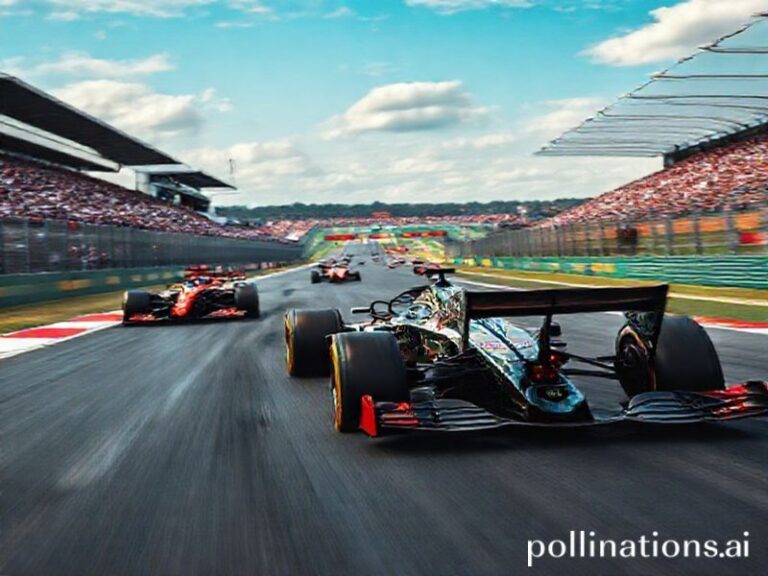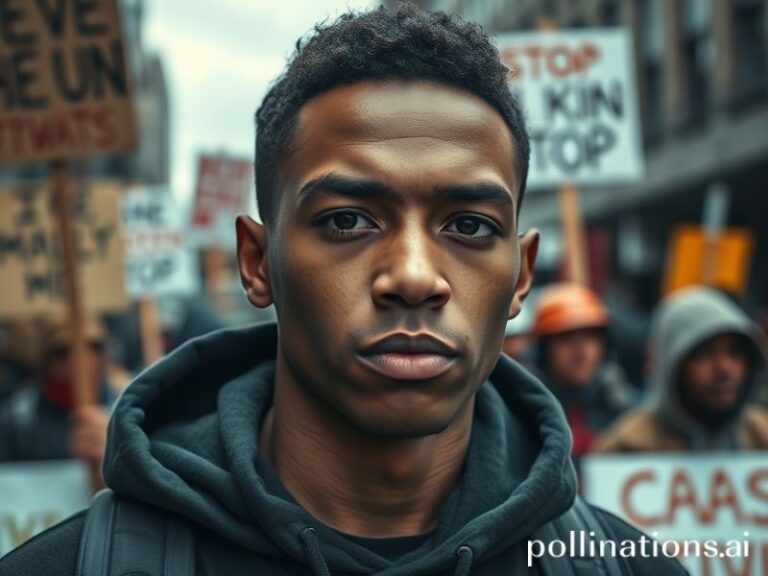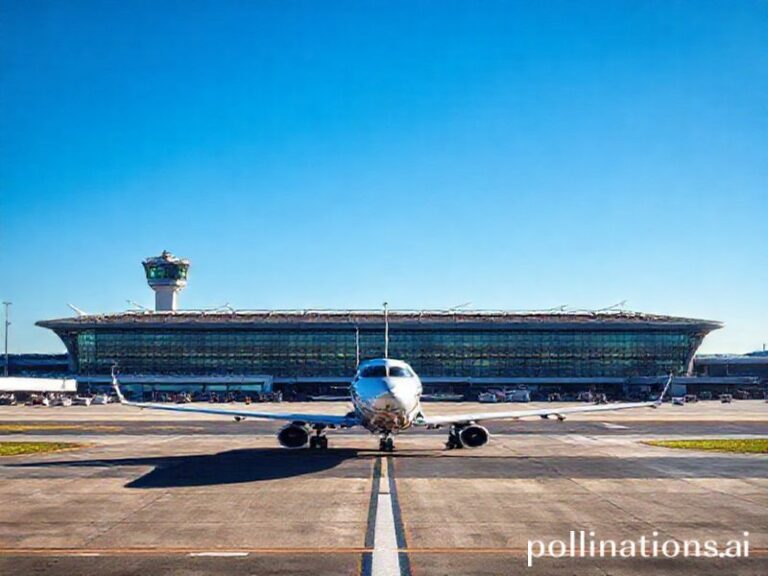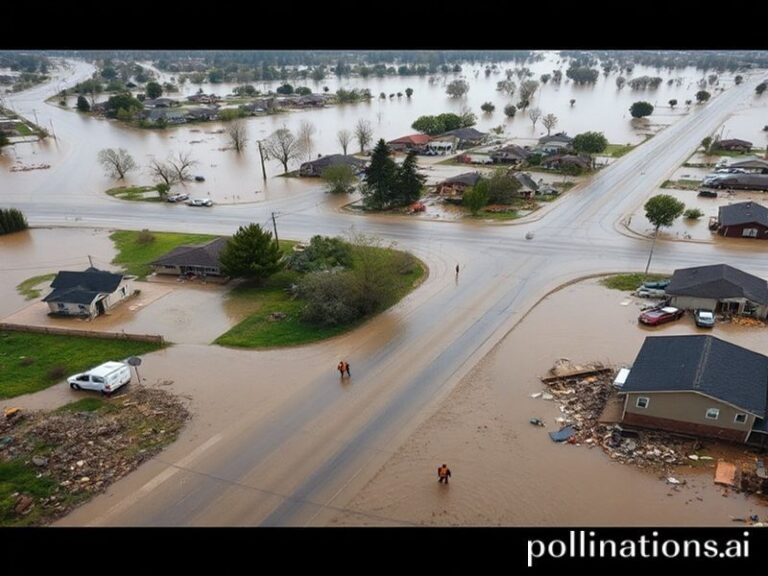Love Island Goes Global: How a British Villa Became the UN of Thirst Traps
Love Island: The Geopolitical Bikini Line
From the sun-bleached terraces of Mallorca to the algorithmic abyss of 37 Netflix territories, Love Island is no longer a guilty British pleasure—it is the soft-power equivalent of exporting lukewarm prosecco in a NATO ration pack. Across six continents, viewers watch genetically symmetrical strangers couple, decouple, and recouple with the frantic urgency of central bankers re-peg a currency. Somewhere in Brussels, an EU trade commissioner must surely be drafting a directive on the permissible emotional tariff between “muggy” and “loyal.”
Let us begin in the Global South. Nigeria’s DSTV subscribers follow the show on a three-day delay, long enough for WhatsApp spoilers to ricochet across Lagos faster than the Central Bank can devalue the naira. In Argentina, where peso inflation tops 200%, citizens debate whether £50,000 in prize money is “bare coin” or life-changing capital flight. The universal takeaway: love may be blind, but exchange rates are brutally sighted.
Zoom out and the show becomes a litmus strip for planetary mood swings. When the villa’s water-cooler gossip pivots from “he’s my type on paper” to “did you see the air-strike footage?”, you know the world’s nervous system is twitching. Producers in 2024 introduced a “green” villa—bamboo straws, recycled bikinis—only to fly contestants’ families in on three separate private jets. Greta Thunberg retweeted the clip with the single-word caption “lol.” The tweet was later cited by a Saudi climate delegate as evidence that “youth still possess a sense of irony.”
Meanwhile, authoritarian regimes borrow the format for their own purposes. China’s “Love Island: Xinjiang” was abruptly shelved when contestants kept attempting to tunnel out of the villa toward Kazakhstan. Russia’s version, “Dom-3: Sanctioned Hearts,” pairs oligarchs with influencers who must remain coupled until the ruble stabilizes; ratings soared when a contestant tried to barter a Fabergé egg for extra screen time. In Pyongyang, state TV insists that all romantic decisions are pre-approved by the Supreme Leader, which critics say is only marginally more controlling than ITV2’s duty-of-care protocols.
The democratic West fares little better. Germany’s “Liebes Insel” introduced a weekly referendum in which viewers vote on whether the least popular couple gets sent to an actual refugee camp—an innovation promptly optioned by Australia’s Home Affairs Department. Canada tried a polyamorous ice-fishing edition, but ratings collapsed once viewers realized the contestants were sincerely communicating feelings; there is only so much earnestness the algorithm can tolerate.
Yet the real international significance lies in data, not drama. Every slow-motion hair-flip is biometrically cataloged and sold to advertisers from Seoul to São Paulo. When a contestant sobs into a neon drinks trolley, that micro-expression trains facial-recognition software used by border guards in the Arizona desert. Your guilty pleasure is somebody else’s predictive policing. Welcome to late capitalism, where heartbreak is merely raw material for the emotion supply chain.
And still we watch, because the alternative is to acknowledge the news cycle. Switching to the villa is a collective downgrade from existential dread to bikini malfunctions, a bargain most of us will gladly strike. Somewhere in Kyiv a father streams last season’s recaps in the metro shelter; in Gaza a teenager torrents episodes via a power-bank charged at the one functioning hospital. The apocalypse may be live-tweeted, but at least the villa has a pool.
As the latest series ends with another tear-streaked airport reunion, the global audience exhales in perfect, synchronized relief. Tomorrow there will be elections, earthquakes, and exchange-rate spasms. Tonight there are two influencers in matching airport lounge sliders, promising to “make it work long-distance” between Manchester and Dubai—a distance roughly equivalent, in geopolitical terms, between hope and delusion. We lift our lukewarm prosecco in salute: to love, to islands, and to the blessed illusion that somewhere, somehow, it is still summer.







